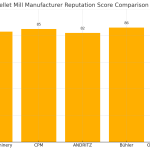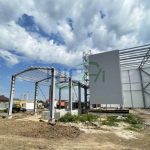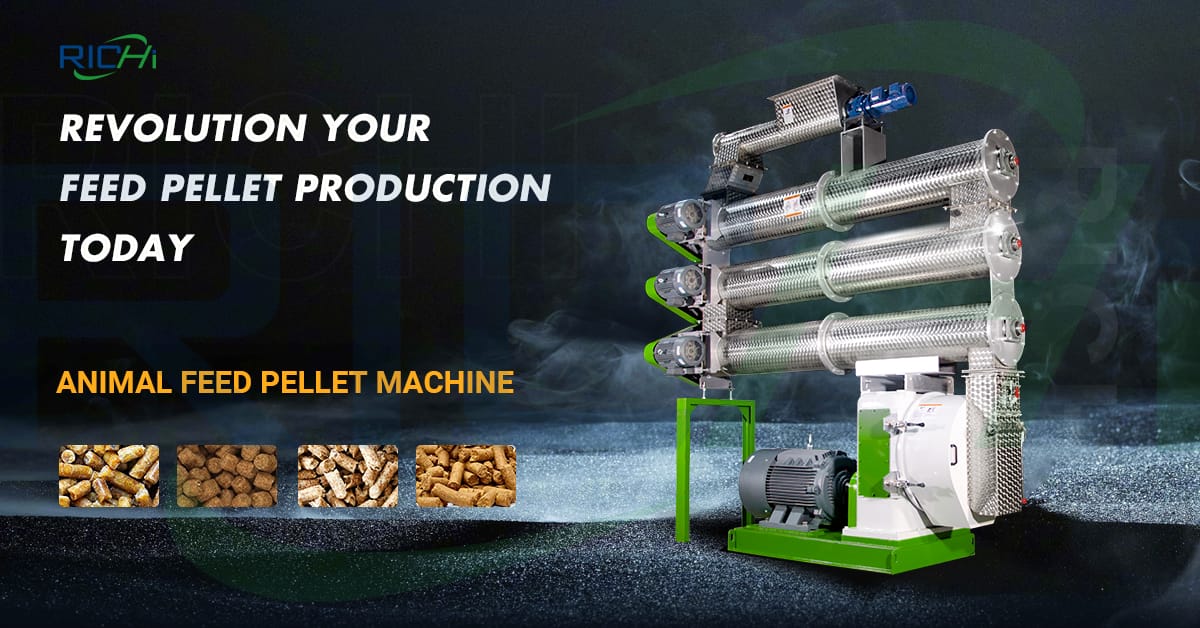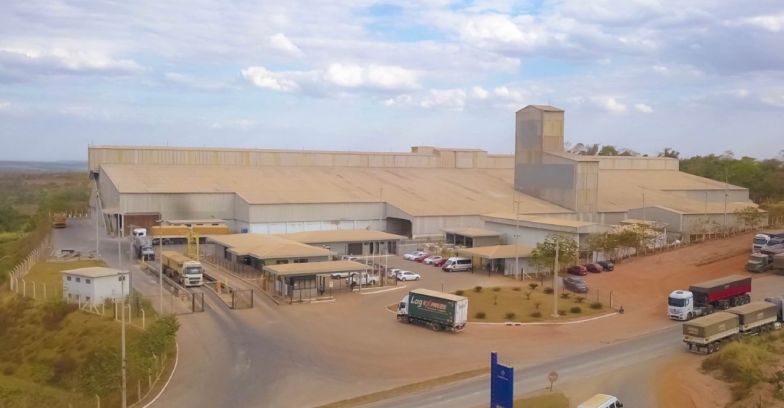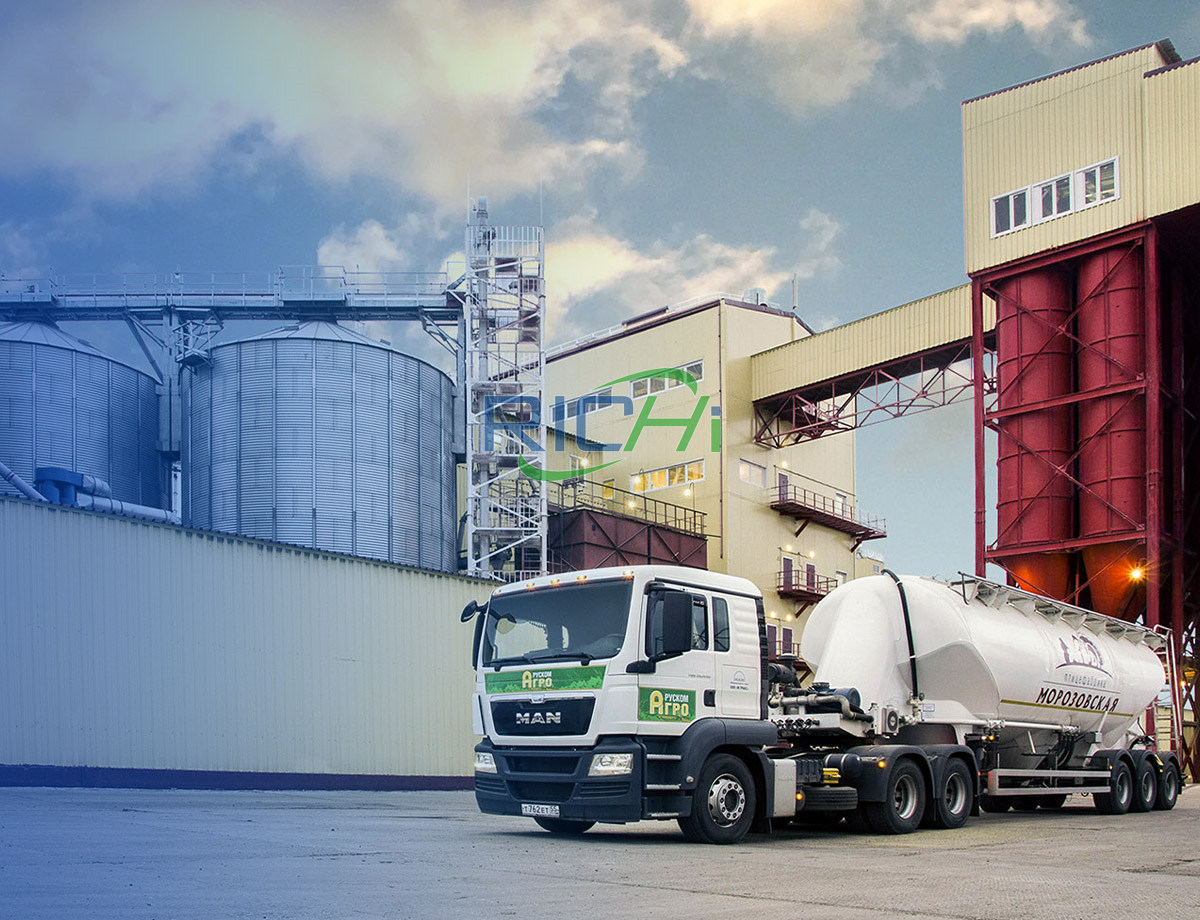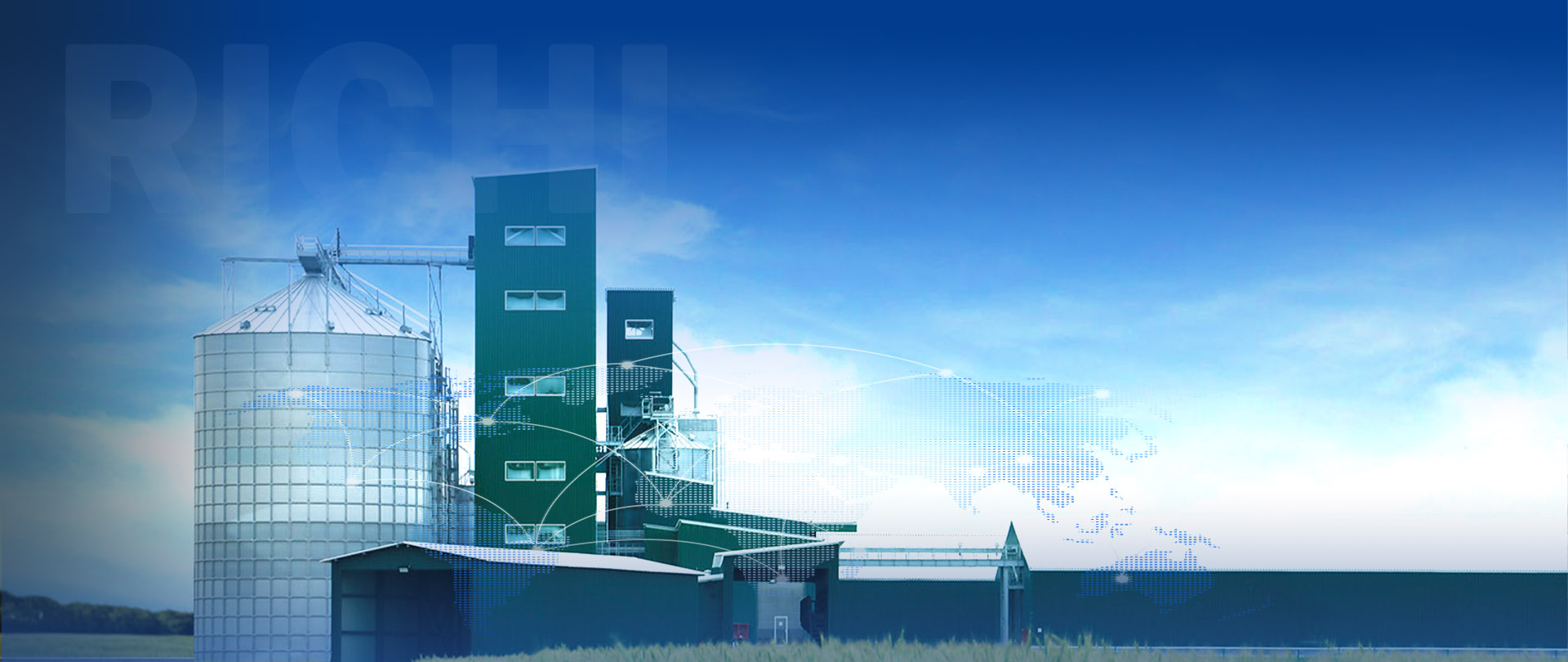In the ever-evolving landscape of animal farming and livestock production, the pursuit of efficiency, sustainability, and optimal animal health has become a paramount concern. One of the key components driving this pursuit is the feed pellet granulator, a specialized machine that has revolutionized the way feed is produced and delivered to animals. These granulators offer a comprehensive solution for transforming loose feed ingredients into dense, granular pellets, providing numerous advantages over traditional feed forms.
As the demand for high-quality, nutritionally balanced feed continues to grow, feed pellet granulators have emerged as essential equipment in modern animal farming operations. By leveraging advanced technologies and innovative processes, these machines contribute to improved feed conversion rates, reduced waste, and enhanced overall productivity. In this article, we’ll explore the multifaceted advantages of feed pellet granulators, highlighting their significance in supporting sustainable and efficient animal farming practices.
Consistent Nutrient Delivery and Improved Feed Conversion
One of the primary advantages of feed pellet granulators is their ability to produce feed pellets with consistent nutrient profiles. Unlike loose feed, where ingredients can segregate during handling and transportation, granulated pellets ensure a homogeneous distribution of nutrients in every bite. This consistency not only promotes optimal animal health and growth but also contributes to improved feed conversion rates, as animals can efficiently utilize the nutrients provided.By maximizing feed conversion efficiency, feed pellet granulators help reduce the overall feed consumption required to achieve desired production goals, resulting in cost savings and improved resource utilization.
Enhanced Handling, Storage, and Transportation
Feed pellet granulators transform loose, bulky feed ingredients into dense, compact pellets, offering significant advantages in terms of handling, storage, and transportation. The granular form of the pellets reduces the risk of spillage and waste during handling, while their increased bulk density allows for more efficient storage and transportation.This improved handling and transportation efficiency translates into cost savings for animal farming operations, as well as reduced environmental impact associated with feed logistics. Additionally, the granular form of the pellets minimizes the risk of moisture absorption and spoilage, ensuring feed quality and longevity during storage.
Reduced Dust and Improved Hygiene
Loose feed ingredients can generate significant amounts of dust during handling and feeding, posing potential health risks to both animals and workers. Feed pellet granulators mitigate this issue by producing dense, granular pellets that generate minimal dust, improving overall hygiene and reducing the risk of respiratory issues for animals and personnel.The reduced dust levels also contribute to a cleaner production environment, minimizing the need for frequent cleaning and maintenance, ultimately leading to increased operational efficiency and cost savings.
Related post: https://www.richipelletmachine.com/commercial-feed-pellet-mill/
Versatility and Customization
Feed pellet granulators offer versatility in terms of the feedstocks they can process and the pellet formulations they can produce. These machines can handle a wide range of ingredients, including grains, oilseeds, protein sources, and various additives, allowing for the formulation of customized feed blends tailored to the specific nutritional requirements of different animal species and production stages.This versatility enables animal farming operations to optimize feed formulations for improved animal performance, while also accommodating changes in feedstock availability or market conditions. Additionally, the ability to incorporate specialized additives, such as probiotics, enzymes, or growth promoters, further enhances the customization capabilities of feed pellet granulators.
Improved Palatability and Feed Intake
The granulation process employed by feed pellet granulators can enhance the palatability and attractiveness of the feed for animals. The uniform shape, size, and texture of the pellets can stimulate appetite and encourage feed intake, particularly in animals that may be picky eaters or have specific dietary preferences.Improved feed intake not only supports optimal animal growth and productivity but also contributes to overall animal well-being and welfare, reducing the risk of nutritional deficiencies or health issues associated with poor feed consumption.
Energy Efficiency and Sustainability
Modern feed pellet granulators are designed with energy efficiency and sustainability in mind. These machines often incorporate advanced technologies and design features that optimize energy consumption, minimize waste generation, and promote the efficient utilization of resources.Many granulators feature waste heat recovery mechanisms, allowing for the capture and reuse of excess heat generated during the granulation process. Additionally, the ability to integrate renewable energy sources, such as solar or wind power, further enhances the sustainability credentials of these machines, contributing to reduced operational costs and minimizing environmental impact.
Scalability and Integration
Feed pellet granulators are available in various capacities and configurations, enabling scalability to meet the growing demands of animal farming operations. Modular designs and the ability to integrate additional components or upgrade existing systems further enhance the adaptability of these machines, ensuring they can accommodate future growth and evolving production requirements.Moreover, feed pellet granulators are designed to seamlessly integrate with existing production lines and systems, enabling a streamlined and efficient overall process.
Advanced communication protocols and compatibility with industry-standard automation systems ensure smooth integration and data exchange, minimizing disruptions and maximizing operational efficiency.By leveraging the multifaceted advantages of feed pellet granulators, animal farming operations can achieve improved feed efficiency, reduced waste, enhanced animal health and productivity, and increased sustainability. As the demand for responsible and efficient animal farming practices continues to grow, these machines will undoubtedly play a pivotal role in supporting the long-term viability and success of livestock and poultry operations worldwide.



